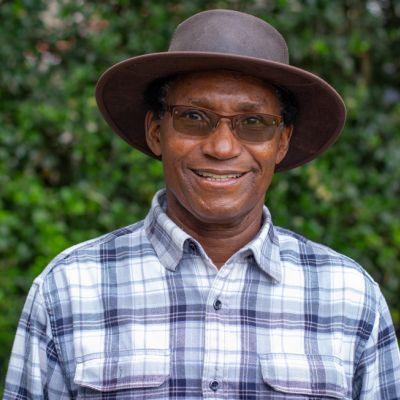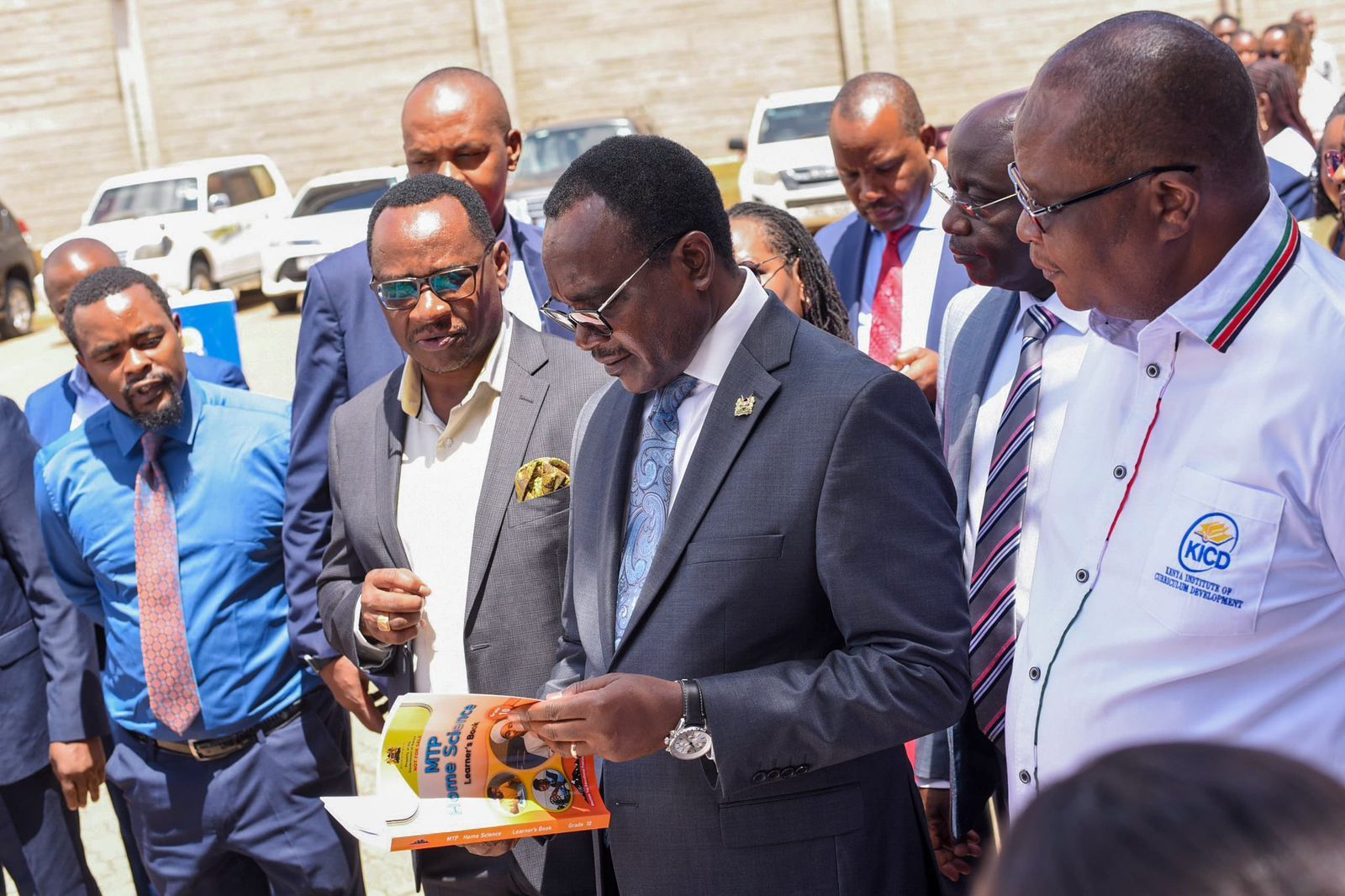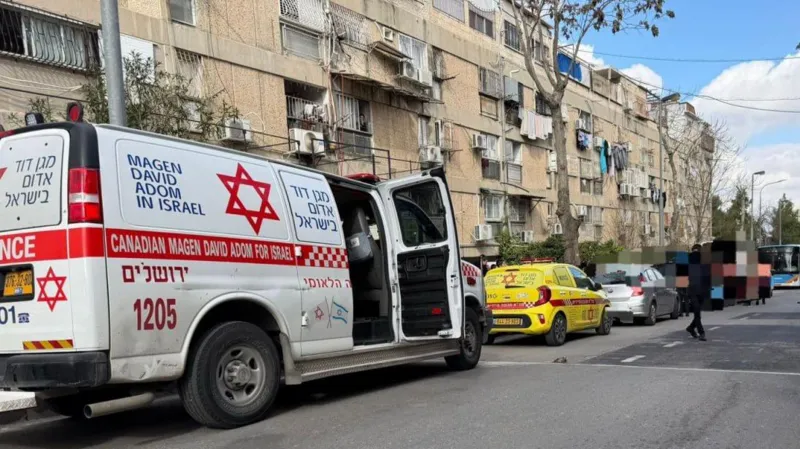By James Wakahiu
The global meeting on peace being held in Thika town entered into the second day with one Kenya’s leading philanthropists displaying a practical roadmap to boost peace and reduce community conflicts both in Kenya and in the region.
Dr. Charles Muli, CEO and founder of Mully Children’s Family, said real peace is not simply the absence of war, but living cohesively towards the transformation, development and well- being of humanity.
“To create a peaceful and secure environment free from crime perpetrated by those in the streets such as street children or poor persons is not through employing more security personnel or erecting modern security fences, but is achieved through creating opportunities that promote self-reliance,” he said.
Dr Muli told the 1,000 delegates at the conference being held at Mwai Kibaki Convention Centre at Mount Kenya University (MKU) that Street children, orphans and child mothers remain among the major groups in Kenya that are marginalised, discriminated against and excluded in any decision-making process about their future.
“Due to a lack of education and skills, they mature into young adults who have no capacity for gainful employment. Family forms the primary thread of our social fabric. That is why we are called Mully Children’s Family and not a Home. A family is where we get our basic life training, and we learn how to relate with others in a peaceful cohesion. In every family setup, the power of both Love and Forgiveness is central to building a habitable space that we can call a family,” he added
MCF runs several schools: kindergarten, primary, secondary, vocational training, and college and fully sponsors over 150 youths in universities across Kenya and overseas. “In the last 33 years, over25,000 youths have successfully graduated from MCF. They have taken up different professions while others have become successful entrepreneurs,” he said.
These 25,000 youths had, they not been offered education and skills training, a number would have died, become thieves, drug addicts, prostitutes, imprisoned, and hooligans who could be hired to cause chaos. “MCF provides relief lunch food to 63 community schools with an average of 350 learners; therefore, 22,050 children benefit from school lunches daily. Schools’ enrollment and retention have increased from approximately 45 per cent to 80 per cent in most schools because of the school lunch,” Dr Muli said.
The forum yesterday focused on the role of foreign organisations and NGOs in supporting peace initiatives. The conference theme is “The Role of Universities, Public and Private Sectors in Peace Building for Socio-economic Development”. The format of the conference includes sessions on keynote speakers, interactive panel discussion sessions and parallel sessions on academic presentations.
Muli said during the 2007/2008 Post Election Violence – 2007/2008 (probably Kenya’s darkest period after independence in 1963), his orgainsation supplied relief food to all the people in the Internally Displaced People (IDP) Camps at the ASK Show Ground IDP Camp in Eldoret town. “We can achieve sustainable peace and a secure environment if we devotedly help and transform the lives of needy children and youth because it cures hate and prevents crime,” he said.
Among young women, lack of employment opportunities has contributed to the increasing feminisation of poverty in Kenya and Africa. They are subjected to child labour, early marriages, child trafficking, and defilement. This actively contributes to the high numbers of teen pregnancies, gender-based violence cases, and drug and substance abuse. “MCF Malindi is an elaborate program for girls and teenage mothers who were victims of physical and sexual exploitation and abuse heightened by poverty, illiteracy and insecurity,” said Dr Muli.
Dr Muli said peace-building involves activities undertaken to prevent conflict and establish sustainable peace. These activities address the causes of strife and violence through reconciliation, forgiveness, trauma healing, restorative justice and development while strengthening social, political and economic elements that promote peace, he added.
He called for increased funding to Non Governmental Organizations (NGOS), describing them as humanitarian entities concerned with public welfare goals and seek to address development gaps not covered by governments that often lead to human suffering. Most NGOs are multi-mandated organizations and perform various development services and humanitarian functions, bring citizen concerns to Governments, advocate and monitor policies and encourage political participation through information.
“NGOs complement national governments in nation-building by implementing long- term and short-term development programs, humanitarian interventions, peace-building, and service delivery to citizens and stateless populations, especially refugees. Peace and security are essential ingredients of nation-building,” he said.
According to former ICT PS Dr Bitange Ndemo now of the University of Nairobi, the greatest reset: COVID-19 has forced the world to reset and accelerate to live differently – to learn, work, socialize, shop, worship and collaborate in different ways. “This is therefore our watershed moment for digital transformation of business,” he said in an earlier presentation that focused on Cybersecurity and the Epidemic of Mobile Addiction.
He decried the negative impact of ICT use and mobile addiction, including psychological and emotional issues such as depression, loneliness, social anxiety, impulsivity, and distraction easily get addicted to technology such as the Smartphone. The other negative effects of excessive cell phone usage include mental health issues such as anxiety and depression. “Adolescents who were addicted to their smart phones were more likely to experience chronic stress and low emotional stability,” he said.
Prof Mark Charlton of De Montfort University, UK, explained to the delegates how the United Nations development agenda of Sustainable Development Goals is also focusing on peace initiatives in universities and among the youth. He is also the Associate Director SDG Impact and Net Zero Research Theme Director.
Explaining the United Nations Academic Impact (UNAI) in the Promotion of Peace, Justice and Strong Institutions, Dr Charlton said it has more than 1000 network members and that more are free to join. Unai Supports UN mandates and campaigns, focusing on human rights, access to education, SDGs and conflict resolution. Working from 10 principle hubs, there are 17 Global SDG hubs, including Thika’s MKU.






